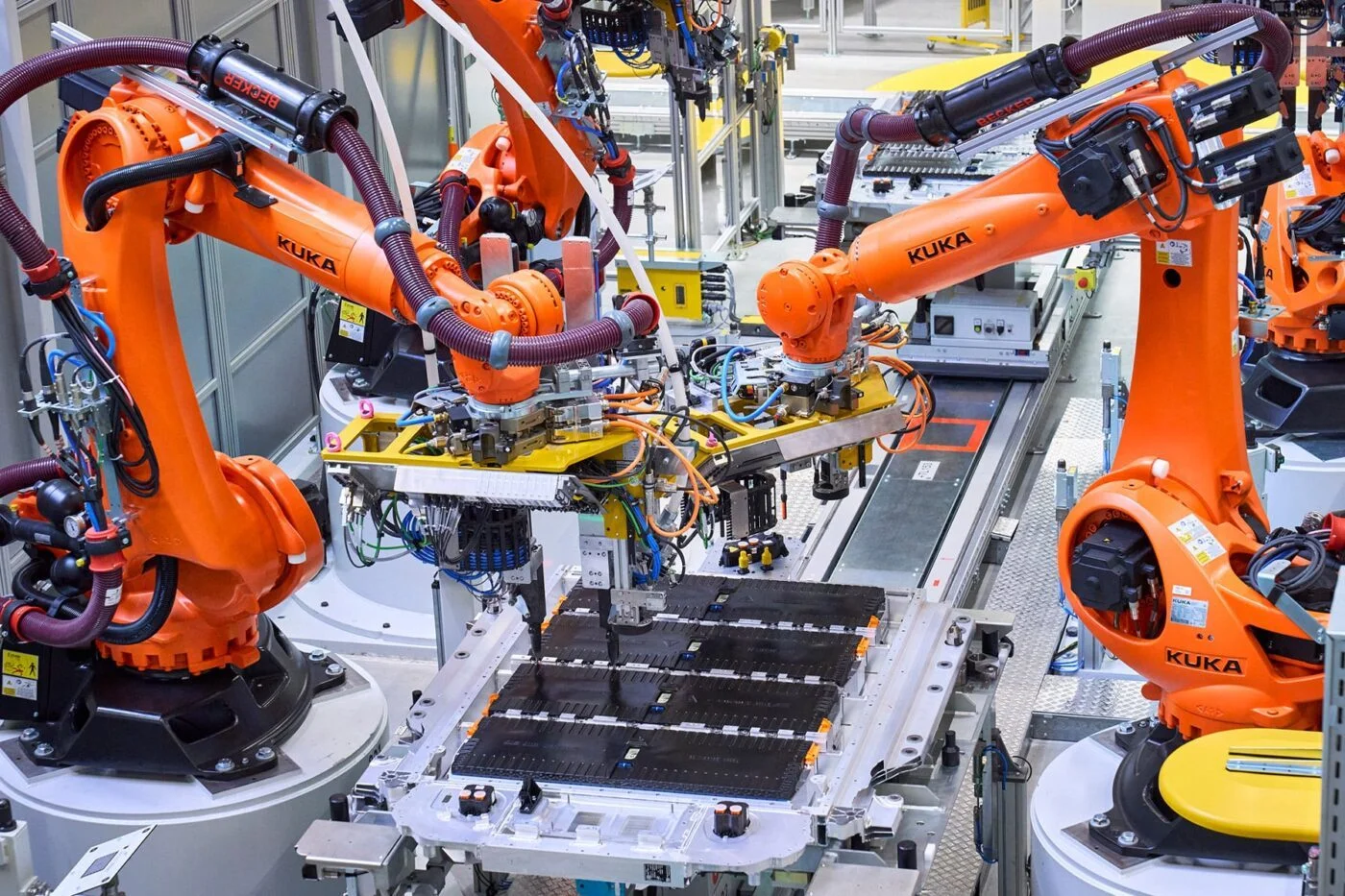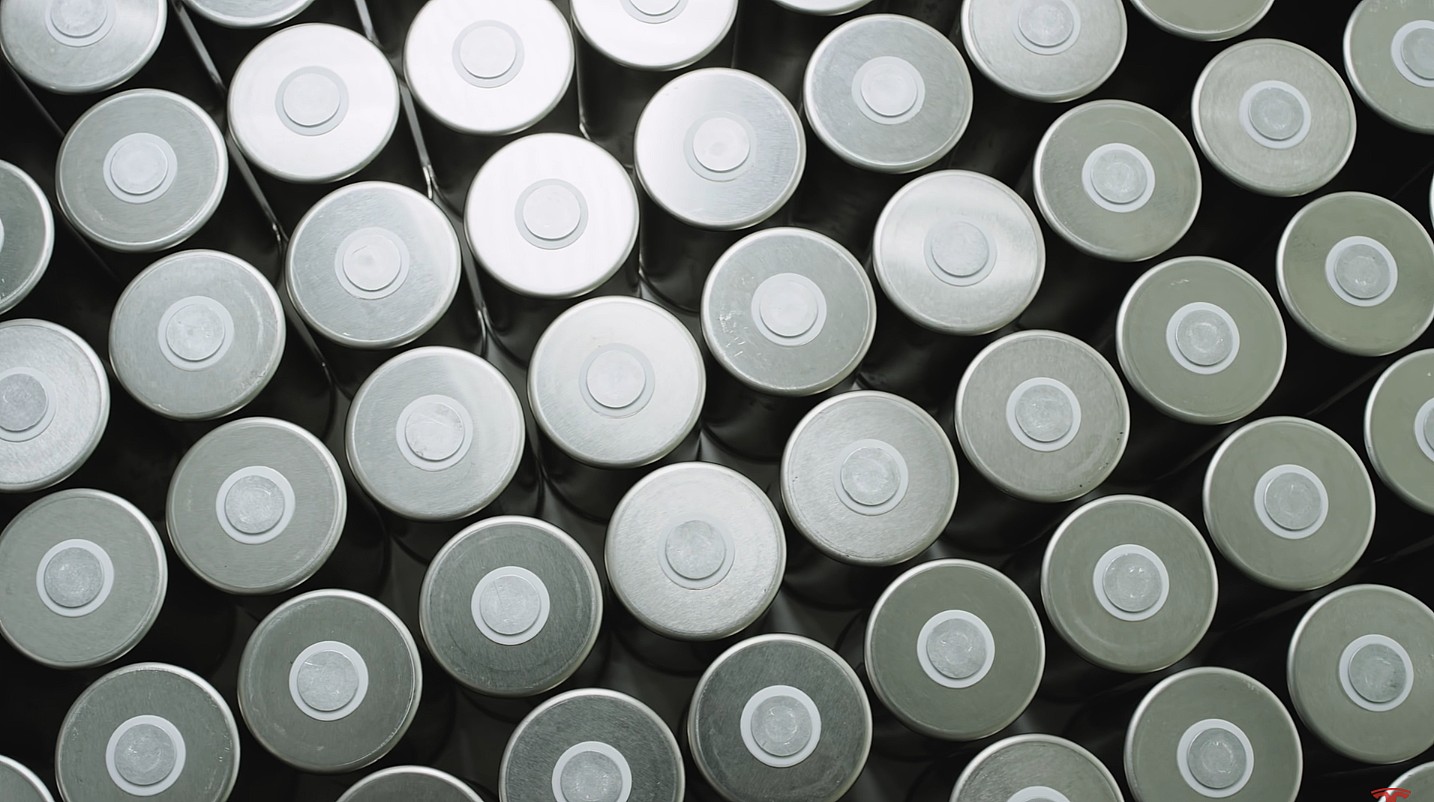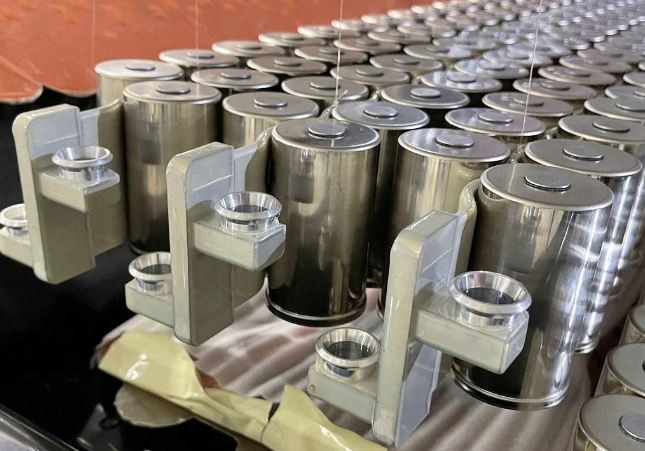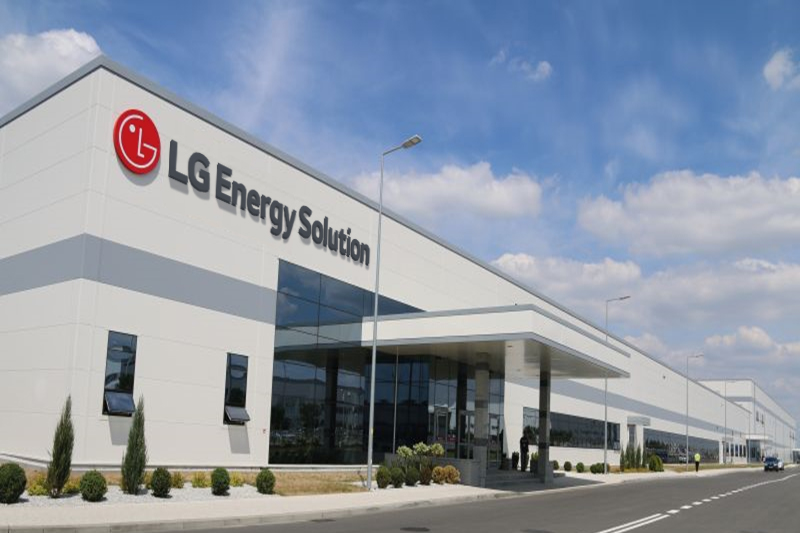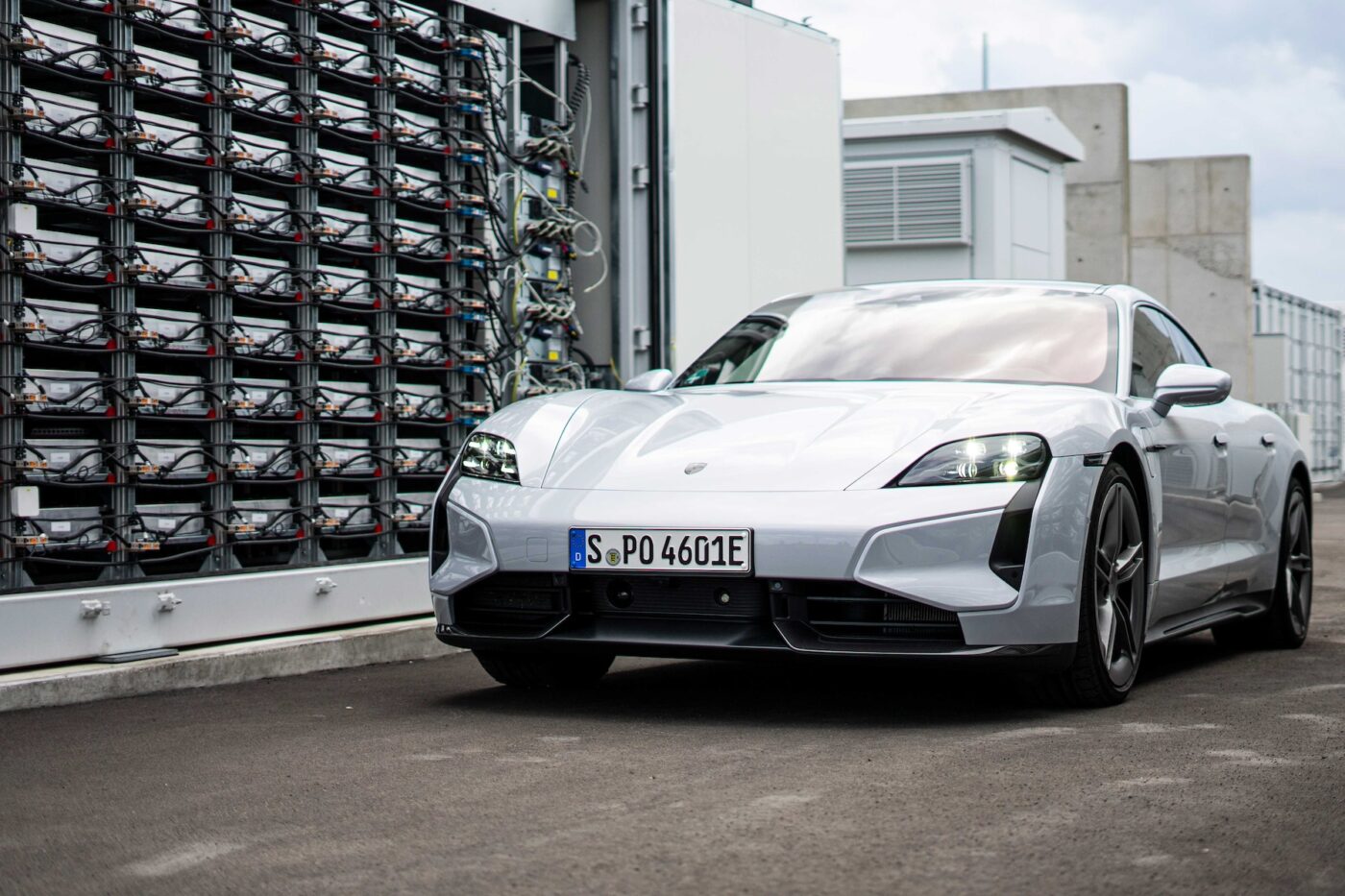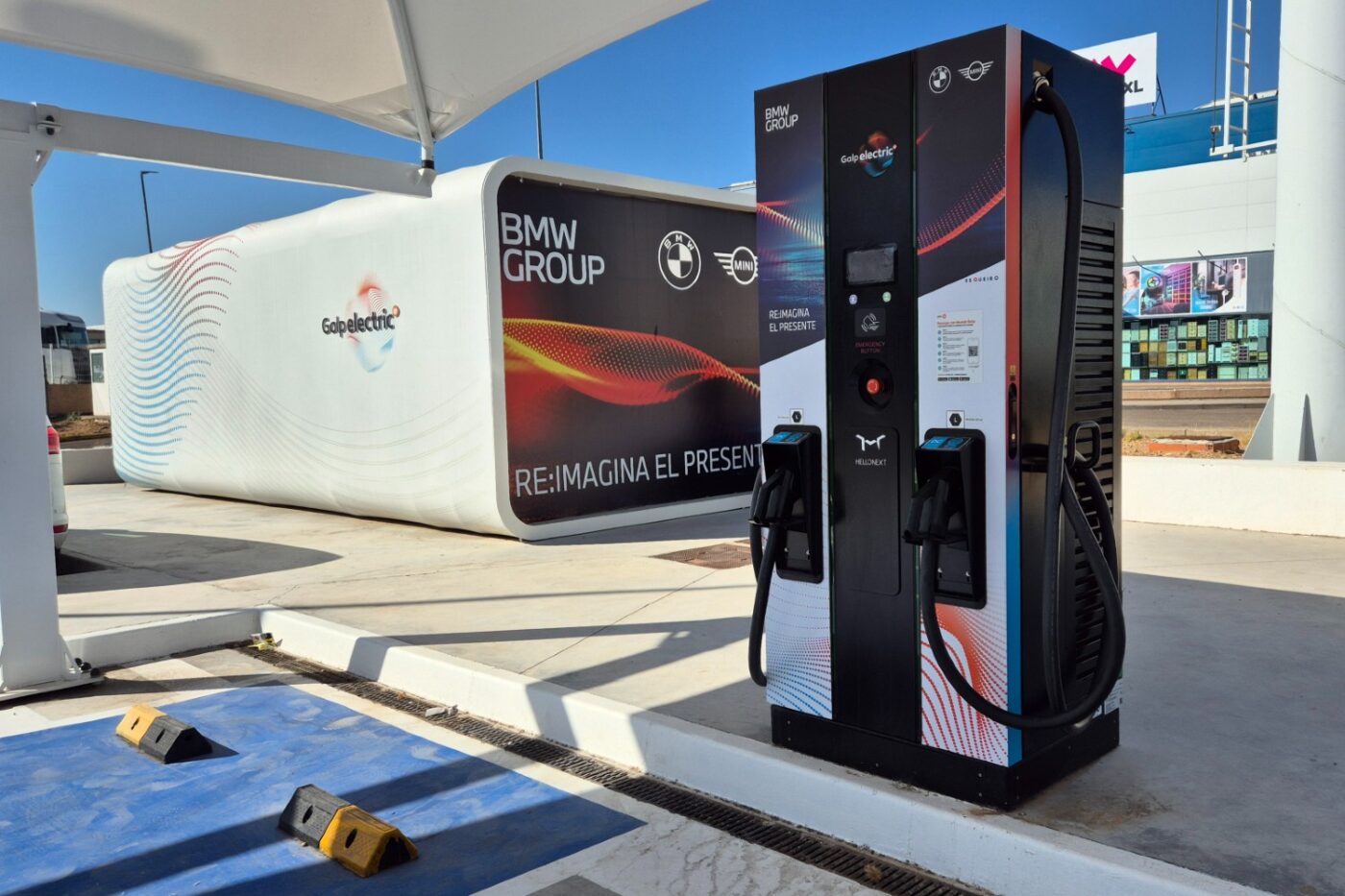U.S. solid-state battery developer ION Storage Systems has achieved a significant milestone on its path to commercialization, reaching 800 cycles with its “anode-less” cells. This marks a considerable advancement from the 125 cycles reported earlier this year.
ION’s cells operate without the need for compression or volume change, a major challenge in the development of solid-state batteries. In March, the company announced that the U.S. military had achieved more than 125 cycles with less than five percent capacity loss using ION’s solid-state battery cells.
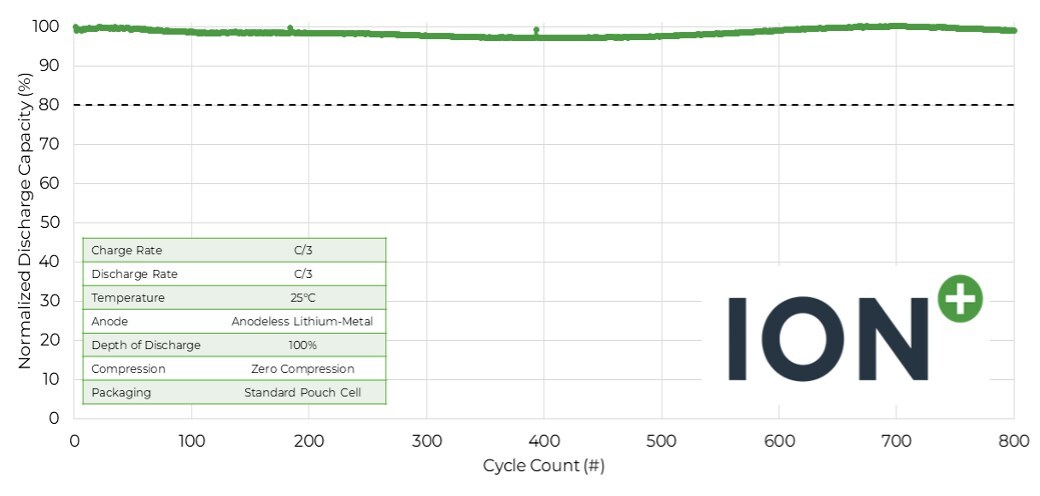
“The stable cycling that we’ve repeatedly observed in our R&D cells is the culmination of key innovations by ION’s ceramic scientists and battery scientists over the past several years,” said Dr. Nicholas Hudak, Director of Cell R&D at ION. “The combination of our next-generation ceramic electrolyte and unique cell architecture has enabled the only known anodeless, compressionless, lithium-metal battery that can cycle with this level of stability at 25°C. ION has built a world-class team of scientists, engineers, and operations staff who are rapidly solving technical challenges to bring this technology to a commercially relevant scale.”
Reaching 800 cycles within seven months represents a significant leap for the company. ION highlights the safety features of its solid-state battery technology, noting it “requires no compression, swell budget, extensive cooling system or heavy fire barriers.”
Dr. Greg Hitz, ION’s Chief Technology Officer, emphasized the technical achievement: “It is unprecedented for an anodeless cell to reach this kind of cycle life without compression. ION has now produced a cell with performance that’s compelling to replace a huge portion of the lithium-ion market. Next up is building it into commercial format, multilayer cells off our pilot line and doing so with high repeatability to put in customers’ hands.”
ION’s solid-state battery platform originated from the University of Maryland’s incubator, and the company was founded in 2015. ION plans to release its first-generation product to commercial customers by late 2024.


